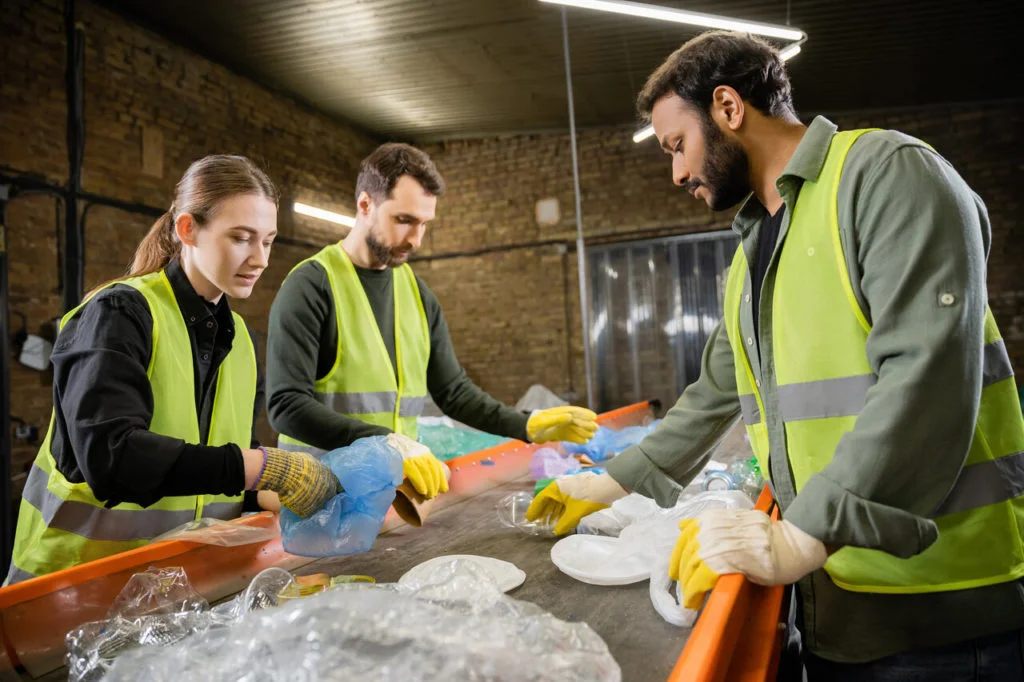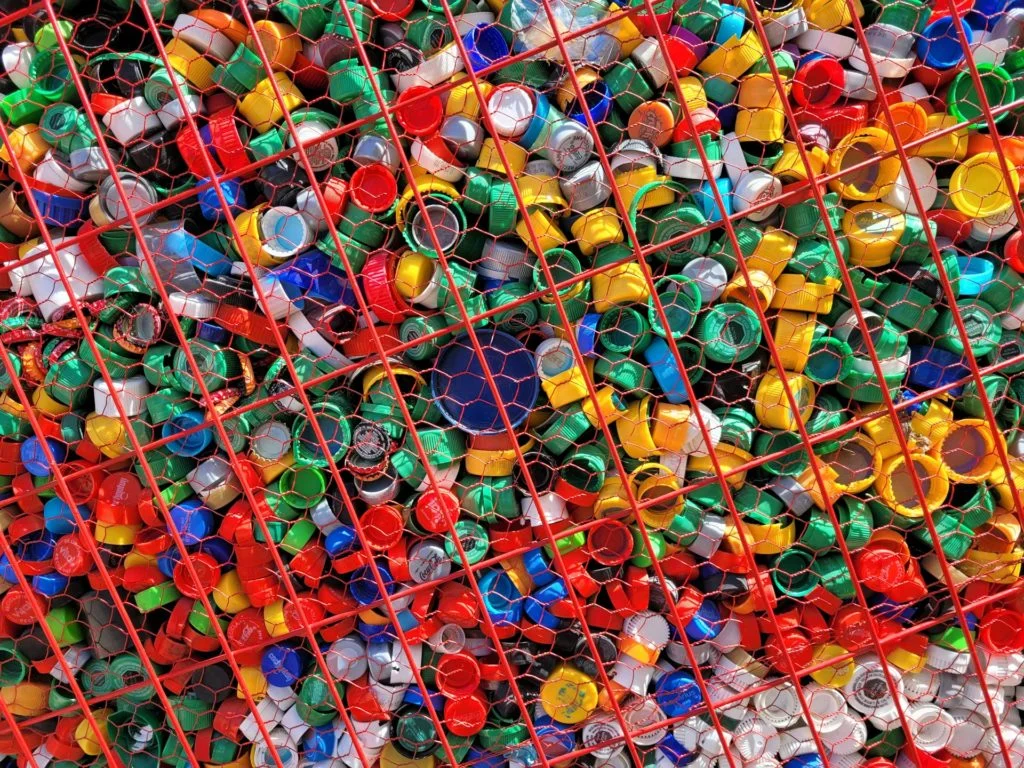The steel and manufacturing industry needs to adopt sustainable waste management practices. With the significant amount of waste plastic generated during various stages of production, this industry must seek innovative solutions to tackle the challenge of plastic waste. One such solution is the concept of plastic reprocessing, which transforms waste plastic materials into valuable resources to be reintegrated into the manufacturing process, ultimately paving the way for a greener and more sustainable closed-loop system.
Pulse Plastics, an innovative UK-based independent specialist plastic solution provider, offers a unique approach to plastic reprocessing for the steel and manufacturing industry. By encouraging partners to send their waste plastic to Pulse Plastics, the company reprocesses the material and returns it to the sender for use in their manufacturing operations, fostering a greener, closed-loop system.
The key advantage of reprocessing over traditional recycling lies in its ability to preserve the quality and performance of plastic materials. In contrast, recycling often results in a downgrade of material quality, making it less suitable for use in the industrial sector. By developing a closed-loop system encompassing plastic reprocessing, Pulse Plastics delivers a sustainable and efficient solution to waste management in the steel and manufacturing industry.
1. The Environmental Impact and Challenges of Automotive Manufacturing
The automotive industry is often under scrutiny for its significant environmental footprint, partly due to the complex manufacturing processes involving several materials, including plastics. As concerns over waste management and sustainability become increasingly urgent, the automotive industry must address the issue of plastic waste by seeking innovative methods to reduce its environmental impact. Plastic reprocessing, which offers a cleaner and more sustainable approach, has the potential to transform the industry’s waste management strategies and enhance its long-term viability.
2. The Role of Plastic Reprocessing in the Automotive Industry
Plastic reprocessing allows automotive manufacturers to transform waste plastics into high-quality raw materials that can be re-integrated into the production cycle, creating a closed-loop system. This innovative waste management approach aims to foster sustainability while maintaining the quality and functionality of plastic materials. The key advantages of integrating plastic reprocessing within the automotive industry are as follows:
- Sustainable Resource Management: The closed-loop system promotes resource conservation by reducing the demand for new raw materials and lowering the environmental impact of manufacturing processes.
- Waste Reduction: Implementing plastic reprocessing within the automotive industry can significantly decrease its waste output, managing the critical issue of plastic waste disposal and promoting waste reduction in the long run.
- Cost Efficiency: Employing reprocessed plastics in the manufacturing cycle can lead to cost savings in material and waste disposal, empowering manufacturers to streamline operations while reducing expenses.
- Regulatory Compliance: Embracing plastic reprocessing as a waste management strategy aligns with shifting environmental regulations, demonstrating a proactive stance towards environmentally responsible manufacturing practices in the automotive industry.
3. Fostering Collaboration Among Stakeholders for Successful Plastic Reprocessing Implementation
Collaboration among different stakeholders within the automotive industry is crucial to implement plastic reprocessing effectively. The following steps can facilitate the seamless integration of closed-loop systems and plastic reprocessing:
- Analysing Waste Generation: Identifying the main points of plastic waste generation within automotive manufacturing processes enables targeted intervention and the development of custom-made plastic reprocessing strategies.
- Partnering with Plastic Solution Providers: Forming partnerships with specialist plastic reprocessing companies, such as Pulse Plastics, ensures access to the expertise and resources necessary to integrate closed-loop systems and adopt a solution-oriented approach.
- Encouraging Education and Networking: Fostering a better understanding of the potential benefits of plastic reprocessing among industry professionals can drive the widespread adoption of these sustainable practices and improve overall waste management efforts.
- Mobilising Government and Industry Support: Collaborating with government agencies and industry associations can help create a regulatory environment that promotes the adoption of plastic reprocessing within the automotive sector.
4. Tackling Challenges and Promoting Progress
Adopting plastic reprocessing and closed-loop systems can present challenges that the automotive industry must recognise and address in order to be successful:
- Quality Control: Ensuring the quality and performance of reprocessed plastics is crucial for their successful integration into automotive manufacturing processes. Collaborating with reputable plastic reprocessing providers is essential for maintaining consistent quality standards.
- Infrastructure and Technological Investment: Integrating plastic reprocessing might necessitate investment in new infrastructure and technology to ensure the efficient operation of closed-loop systems, streamlining this process through partnerships with plastic solution providers.
- Shifting Consumer Perception: Workers and consumers may initially have reservations regarding reprocessed plastics; educating stakeholders about the environmental and economic benefits of plastic reprocessing can help pave the way for broader adoption across the industry.
By addressing these challenges and forging strategic partnerships, the automotive industry can proactively embrace the benefits of plastic reprocessing and contribute to a more sustainable future.
Conclusion
Plastic reprocessing presents a powerful and transformative solution for the pressing issue of plastic waste management in the automotive industry. By implementing this innovative waste management strategy, the industry responds to emerging environmental concerns and regulations and benefits from resource conservation, waste reduction, and cost savings. The collaboration between automotive manufacturers and plastic solution providers like Pulse Plastics is vital in driving the successful integration of plastic reprocessing and closed-loop systems.
As the automotive industry evolves in response to environmental challenges, reprocessing plastic offers a pathway to innovation and sustainability, ensuring a more environmentally responsible and resource-efficient future for the industry’s stakeholders.


